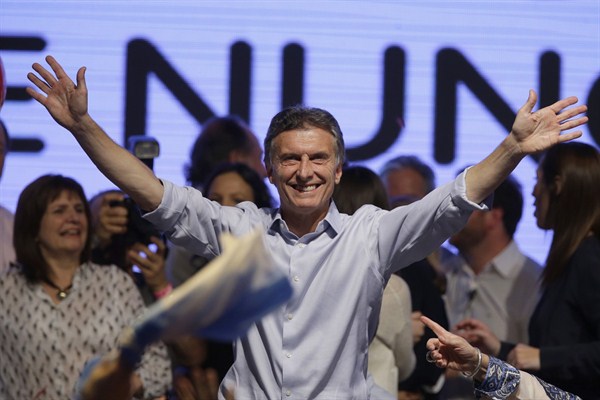Latin America is reaching a quiet but remarkable turning point, one that, though occurring without much fanfare, has significant historical resonance. This past weekend, voters in several Latin American countries participated in national and local elections, and the process unfolded for the most part peacefully. That in itself is an achievement. But what is most noteworthy is that the outcomes of the elections were decided by the actual votes cast, and by extension the voters, rather than by fraud or violence. That, of course, is how democracy is supposed to work, but it is not always the case.
When viewed from regions where democratic traditions have grown deep, strong roots, this hardly merits mentioning. But in Latin America, where the soil has proved unhappily fertile for dictatorships, coups and personality-driven populism, where Marxist revolutionary conflicts have outlasted the Cold War, and where opposition leaders are still imprisoned on trumped-up charges, the largely peaceful festival of democracy that just took place is a rather notable feat.
And it’s more than that. It is a warning to the many remaining demagogues in the region that the public is growing tired of the manipulations of the democratic process that entrenched political leaders and their parties have come to rely on to stay in power.

